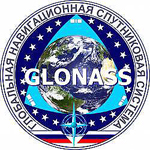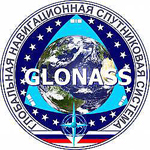
Completion of the GLONASS constellation, delayed by a series of mishaps in Russia’s space program, may move ahead with a launch in September, according to Russian sources, if the Soyuz carrier is cleared for further use. A tentative launch from the Plesetsk space center has been set for September 25. The launch was originally scheduled for August 15.
Completion of the GLONASS constellation, delayed by a series of mishaps in Russia’s space program, may move ahead with a launch in September, according to Russian sources, if the Soyuz carrier is cleared for further use. A tentative launch from the Plesetsk space center has been set for September 25. The launch was originally scheduled for August 15.
The launch of the Soyuz-2.1B carrier rocket with a Glonass-M satellite was postponed from its August date and then scheduled for an additional equipment check following the failure of a similar launcher on August 24. A Progress M-12M space freighter fell in South Siberia’s Altai Republic after failing to separate from its Soyuz-U carrier rocket. The third stage rocket engine was blamed for the spacecraft loss, according to RIANovosti, the Russian state news agency.
The space program also experienced an unsuccessful attempt on August 18 involving the Express AM-4 telecommunications satellite, which did not separate from its Proton-M rocket could not reach the designated location. Last December, the GLONASS program suffered its most serious recent setback with the loss of three GLONASS-Ms in a launch failure.
However, the latest Soyuz-2 failure will not affect the first Soyuz-ST launch of Galileo satellites from the Kourou Space Center in French Guiana scheduled for this October, according to Arianespace officials, because the Soyuz model that will be used has a different third stage.
Ria Novosti also reported today (August 31, 2011) that Russian Federal Space Agency Roscosmos is considering returning the federal space program, including GLONASS, to the framework of the nation’s defense program.






